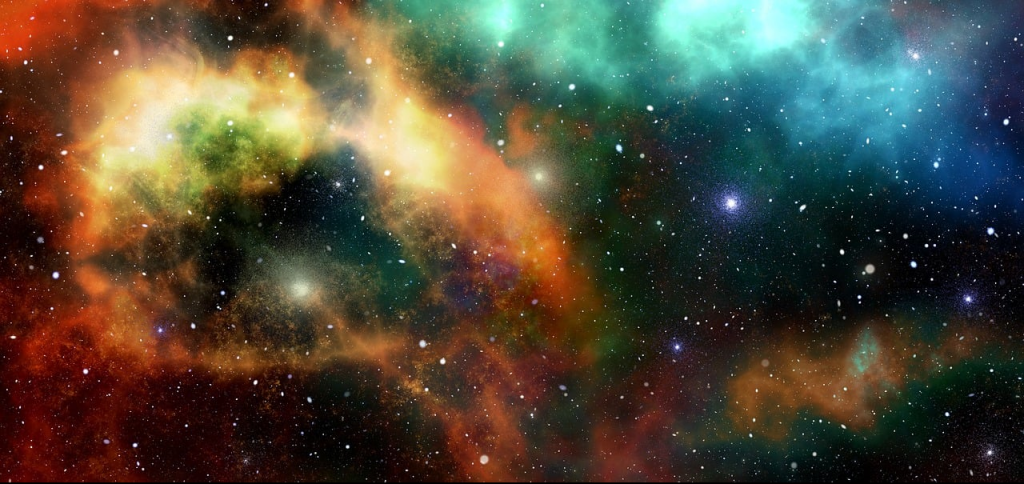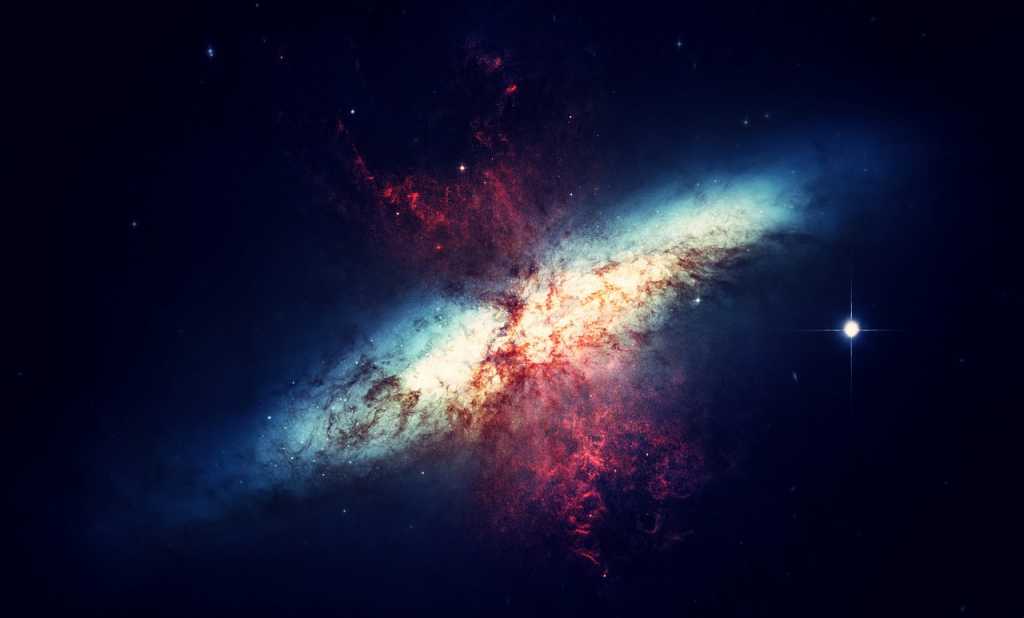BOOK ONE, CHAPTER ONE

The Big Bang is the prevailing cosmology theory that explains the universe's origins. According to this theory, approximately 13.8 billion years ago, all matter and energy in the universe was compressed into a single point of infinite density. Suddenly, this point exploded in a colossal event known as the Big Bang, releasing all the energy and matter that would form the universe's building blocks.
As the universe expanded rapidly, it began to cool down, and tiny particles emerged. Over billions of years, these particles came together to form galaxies, stars, and planets. One of those planets was Earth.
About 4.6 billion years ago, our planet emerged from a disk of gas and dust surrounding the young Sun. Earth was initially a hot and molten mass undergoing intense volcanic activity. Over time, as the planet cooled, a solid crust formed, creating an environment suitable for life.

The story of the Big Bang and the evolution of Earth is a remarkable journey that has led to the complexity and beauty of our world today. Understanding this narrative not only provides a glimpse into our cosmic origins but also highlights the interconnectedness and fragility of our planet and the importance of cherishing and preserving it for generations to come.
Leave a Reply